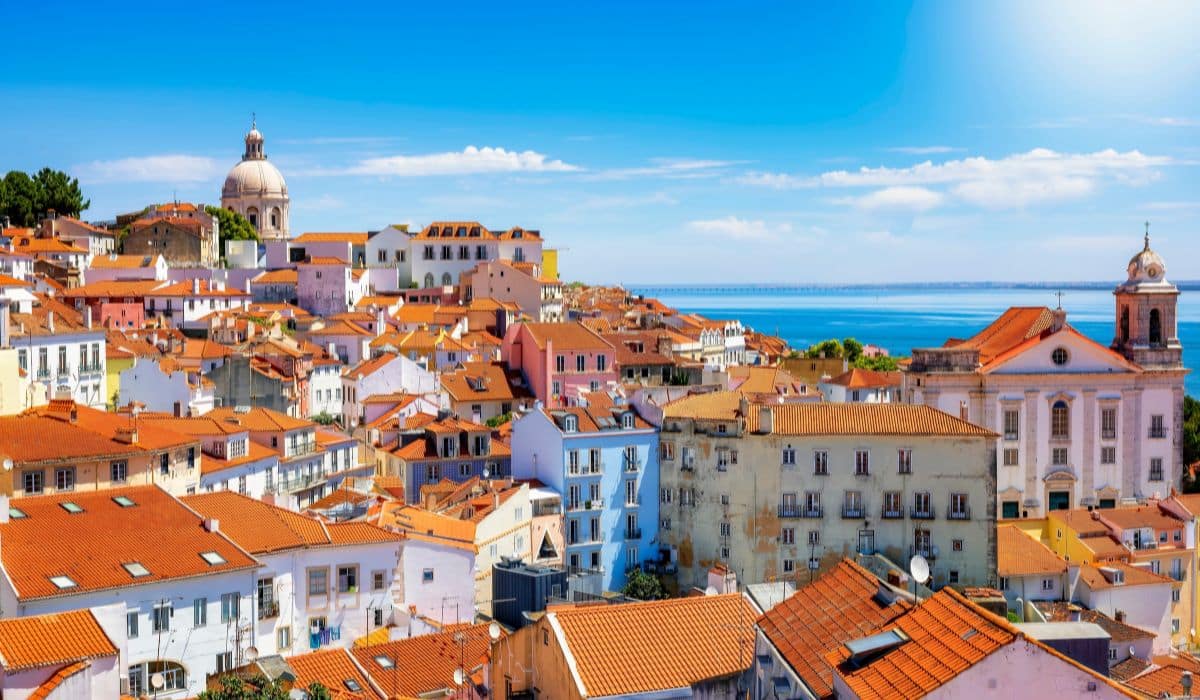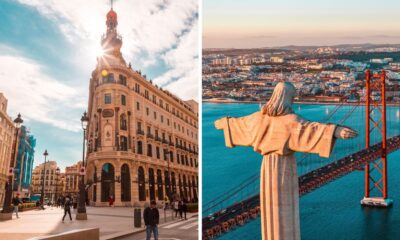Travel
Digital nomads are no longer welcome in this European hotspot

For years, Portugal has marketed itself as one of the most hospitable hotspots for digital nomads, especially in the islands of Madeira and cities like Portimão, Lagos, Porto and of course beautiful Lisbon, according to data from Nomadlist.
Anyway, the european country has been slowly passing laws and implement a series of measures that indicate that digital nomads and remote workers are no longer as welcome, or at least not with the same enthusiasm, as a few years ago.
Today, social dissatisfaction is growing over the perceived problems that digital nomads and their high spending power pose to the way of life of locals.
Over the past two years, Portugal has welcomed more than 16,000 location-independent workers who, by law, must earn more than three times the minimum wage of Portuguese residents.
As expected, It didn’t take long for gentrification to emerge, forcing hundreds of local residents to flee their lifelong homes.
While newcomers can easily afford rental prices of more than 2,500 euros, local residents struggle to find a one-bedroom apartment for less than 1,200 euros. It is worth noting that a large percentage of the population earns less than 900 euros per month.
Since the arrival of digital nomads (and other expats, we’ll talk about them later), rents have increased by more than two percentage points every year and home values have doubled in the last six years, according to the International Monetary Fund (IMF).
Other sectors, such as restaurants, bars and supermarkets, have also increased prices dramatically.
The locals are fed up with this situation and begin to show signs of hostility towards their new neighbors.
Some graffiti reading last year: “Digital nomads, you are fucking disgusting!!!” went viral on social media. The sentence “One digital nomad = many forced nomads,” has become quite popular among protesters.
The government has echoed this sentiment by rescinding policies that heavily favored remote workers at the expense of locals.
In January 2024, the government canceled the famous Non-Ordinary Tax Residence (NHR) scheme, which offered an attractive flat tax rate of just 20 percent for remote workers.
Similarly, in 2023, the government passed a law called “Mais Habitação,” aimed at regulating the use of properties, prioritizing long-term renters over short-term tourists and digital nomads.
Are digital nomads the only ones to blame?
The number of concerns expressed by the Portuguese and some government sectors did not start on October 30, 2022, when the country first launched its digital nomad visa.
For years Portugal has created legal conditions to attract high-spending expats, which also have the potential to ruin the real estate market and skyrocket the cost of living.
The said policy includes, but is not limited to, the introduction of ‘visas for retirees’ and ‘passive income earners’, as well as a special tax regime for highly skilled immigrants, which grants them a 0% tax rate on foreign income. and dividends.
Not to mention the famous ‘Golden Visa’, which became one of the most popular investment-based residency schemes during its existence. With an investment of just 500,000 euros, applicants can even obtain European citizenship within five years. That attracted hundreds of speculators. The program has not been canceled completely, but no longer offers European residence options due to real estate investments by the state.
So far, the Portuguese government has only sent signals about the state of affairs, but has not said that digital nomads should stop coming. If that happens, there will still be more than fifty countries worldwide that welcome digital nomads with open arms.













